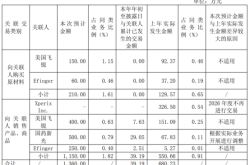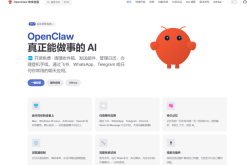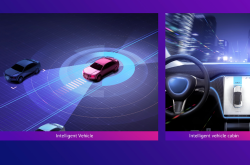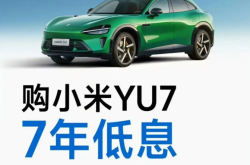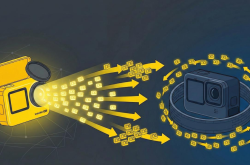The 'Money Bag' of Middle Eastern Tycoons and the 'Hot Potato' of New Forces
![]() 11/06 2024
11/06 2024
![]() 510
510
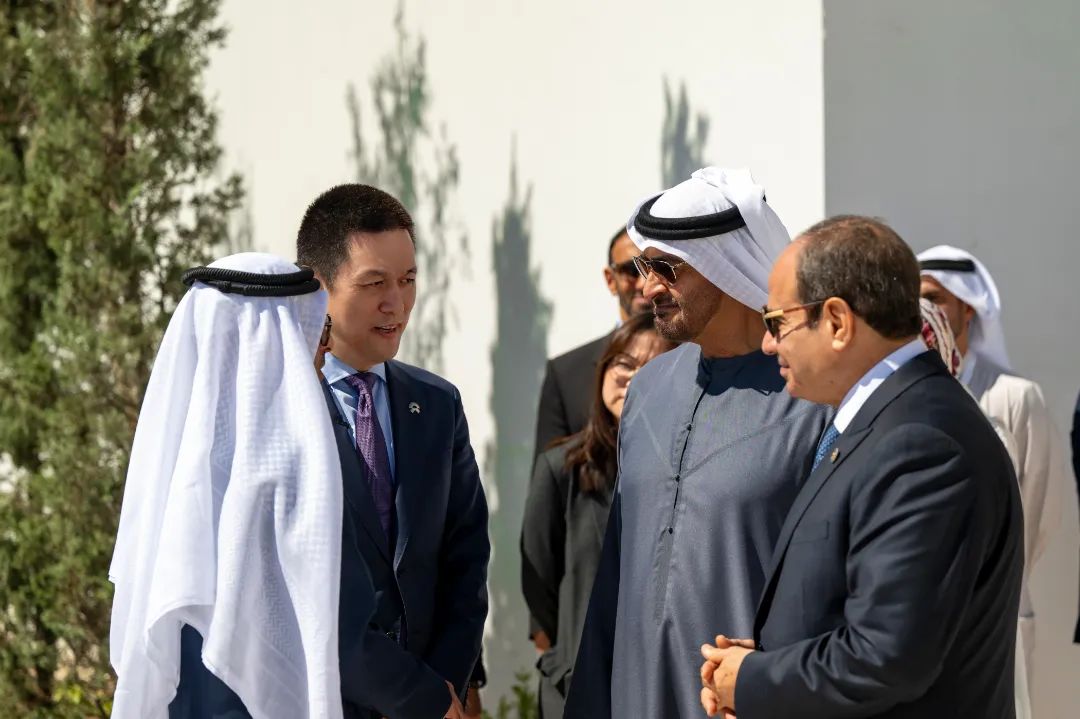
Introduction
A win-win situation where both parties get what they need.
'You think it's filling up the fuel tank? It's clearly about human connections and social norms.'"
The opening sentence of the article reflects my immediate reaction this week upon hearing that NIO's third brand, codenamed 'Firefly,' plans to launch a hybrid vehicle model in 2026 targeting overseas markets including the Middle East, North Africa, and Europe.
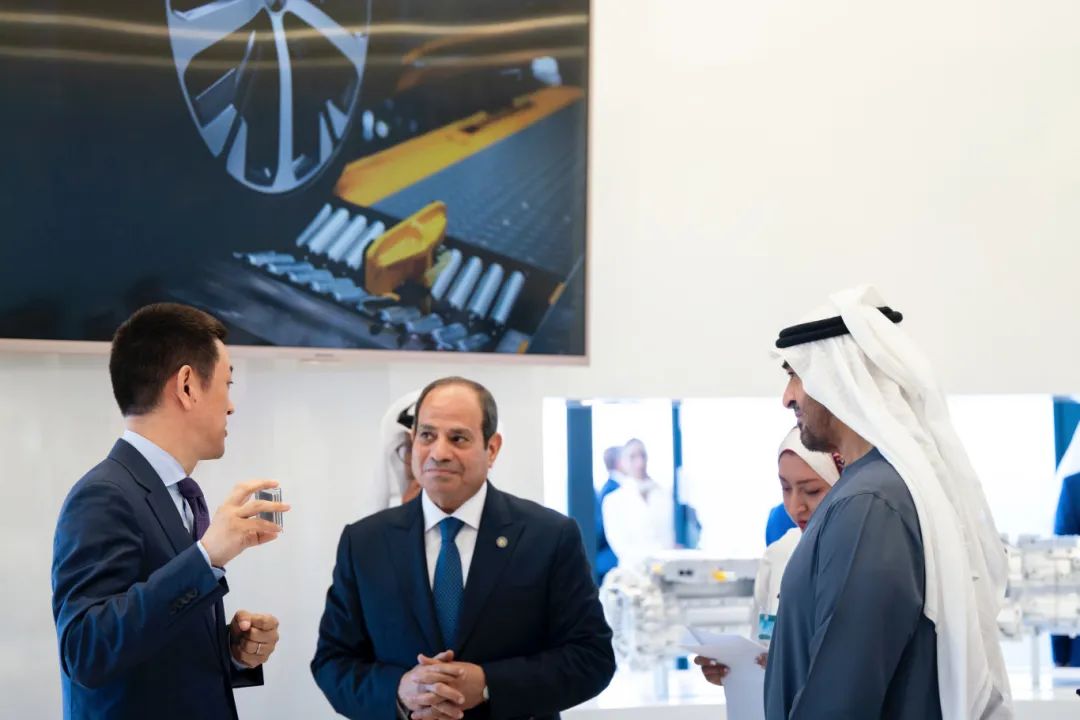
This differs from most people's concern about whether Li Bin has been 'slapped in the face.'
In reality, dissecting the source of the information reveals a crucial point: NIO was primarily influenced by the 'advice' of Abu Dhabi sovereign fund CYVN, a strategic investor.
Up to now, the local energy replenishment infrastructure is still incomplete, which is not conducive to the large-scale promotion and sales of pure electric vehicles. Hybrid models may be a better solution.
In other words, since the 'client' has made a request, after reviewing the resources at hand, the 'vendor' will certainly try to meet it as much as possible.
After all, who would turn down cold hard cash?
From NIO's perspective, the resources currently in hand are far from abundant, so the 'cash cow' that is Abu Dhabi sovereign fund CYVN must be firmly grasped. Ultimately, even if overseas ventures into hybrids do occur, it could be beneficial for expansion and does not conflict with the company's continued commitment to pure electric technology domestically.
Emotionally and logically, it's not shameful to do anything to survive and thrive.
Of course, the lengthy introduction was used to lay the groundwork for the content that follows, which is also the title of today's article.
Chinese New Forces Embark on a Collective Expedition
In fact, news of NIO's plans for hybrid models emerged in another version a few days earlier. However, at that time, it did not mention being pushed by a 'sugar daddy' investor nor that it was specifically for overseas markets.
As a result, it was immediately denied by Li Bin and Qin Lihong.
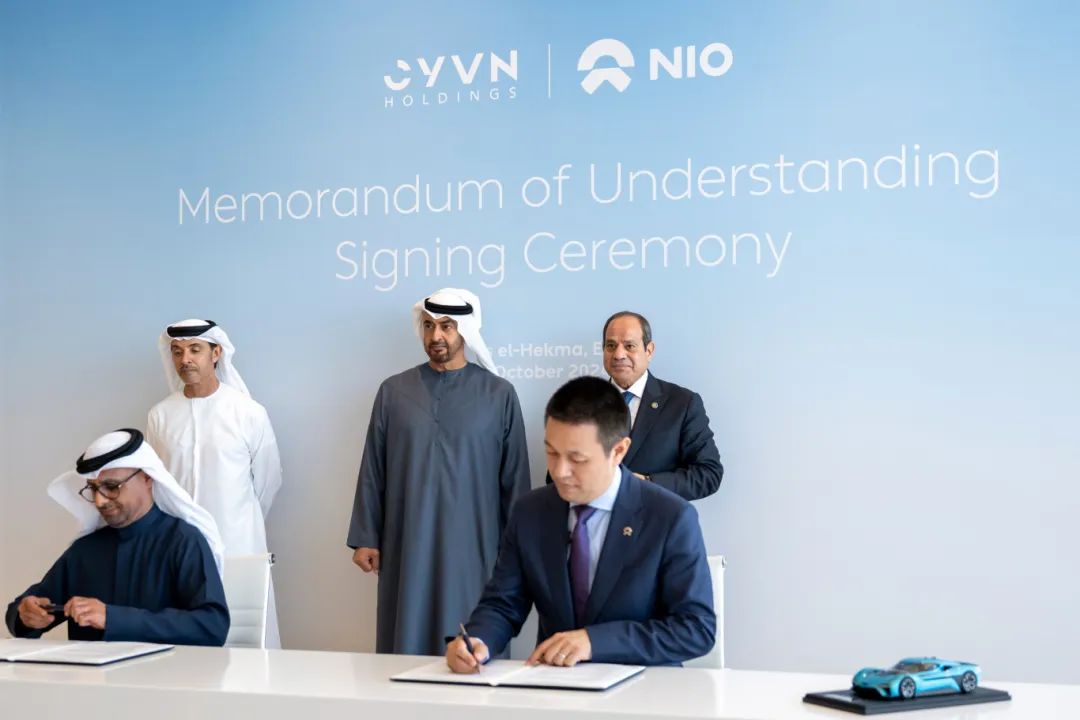
In contrast, the second, more logically coherent version has yet to receive a response from this new force in the automotive industry. To some extent, this already represents tacit approval.
As further evidence, in early October, NIO made a high-profile announcement about entering the Middle East and North African markets. During the National Day holiday, Li Bin led a team of employees to the Middle East for an inspection tour and signed a strategic cooperation agreement with Abu Dhabi sovereign fund CYVN, establishing a joint venture - NIO MENA.
'This is an important day in NIO's globalization process. The Middle East and North African markets are important strategic markets for NIO. Smart electric vehicles from Chinese brands are becoming increasingly popular in the region.'"
From Li Bin's statement, one can sense his satisfaction with this 'partnership.'
According to the agreement, the two parties will establish a research and development center in Abu Dhabi, jointly develop a new model tailored for the local market, and launch battery swap stations across the UAE.
Soon, towards the end of October, to expand its Middle Eastern team, this new force in the automotive industry was reportedly secretly recruiting in China. Positions sought included talents in vehicle manufacturing, electric powertrain, intelligent cockpit, and intelligent driving.
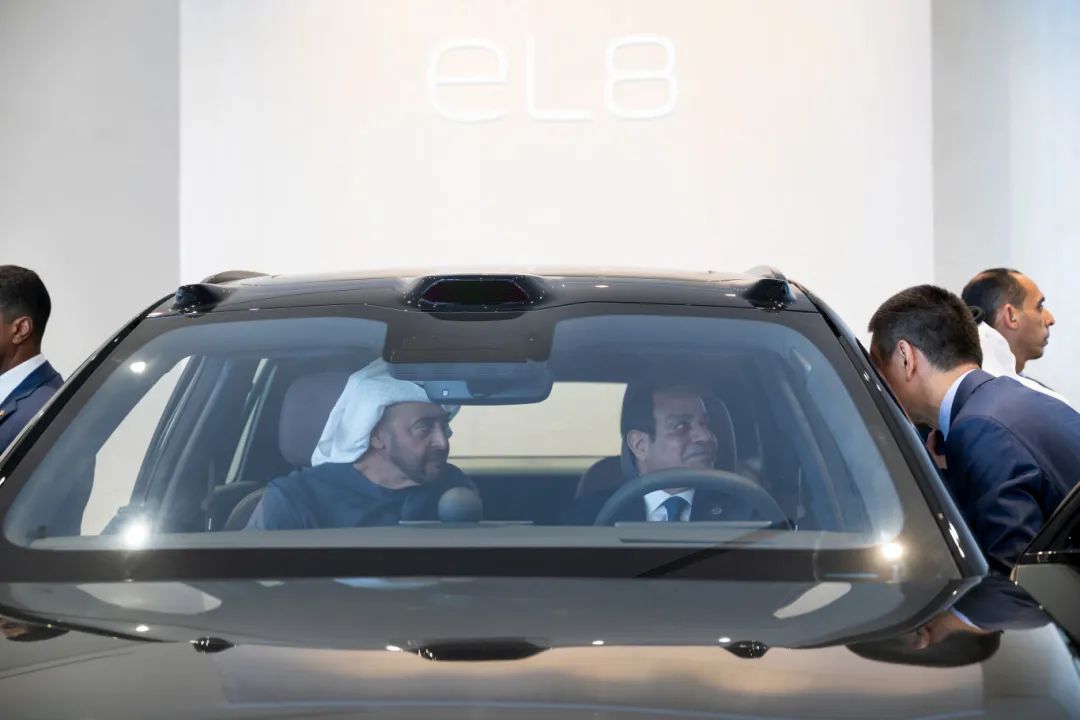
Considering all the clues, NIO is preparing for a major push. While selling pure electric vehicles, it is also developing hybrids and building battery swap stations... The underlying message seems to be: 'Now that we have such a big customer willing to foot the bill, we must do our utmost to meet their conditions.'
For some reason, the aura of Middle Eastern tycoons seems to oddly align with this new force in the automotive industry.
So far, NIO's flagship SUV - the EL8 (domestic codename 'ES8') - has been launched in the UAE as scheduled, priced from AED 359,900 (approximately RMB 688,000), and is now available for pre-order. According to plans, the NIO HOUSE in Abu Dhabi will officially open this month, with new vehicle deliveries scheduled for this year.
Undoubtedly, it continues to maintain its 'heavy asset' approach to going global.
Of course, it's not just NIO. With Middle Eastern tycoons, known for their wealth, actively seeking out and purchasing vehicles, their attractive 'money bags' have become the 'hot potato' for new forces in China's automotive industry.
Although the expression is slightly exaggerated, the truth remains the same.
To reap the benefits as soon as possible, everyone has embarked on expeditions. However, the approaches differ slightly from NIO's. Most brands opt for an 'asset-light' model by partnering with local dealers.
According to incomplete statistics, the long list includes Deep Blue, AVATR, AITO, NIO, XPeng, ZEEKR, AION, and Gemstone, among others. Additionally, BYD, which recently surpassed the monthly sales milestone of 500,000 vehicles, also entered the Middle Eastern market in March this year.
In any case, the obvious trend doesn't lie.
The Middle Eastern Market is Profitable
'The concerted actions of so many brands indicate that there must be huge profits to be made.'
This opening sentence truly came from a friend who discussed with me the phenomenon of new forces in China's automotive industry collectively venturing into the Middle Eastern market. In his view, even Lixiang One, known for its 'keen sense of smell,' is moving cautiously, indicating that this is no simple matter.
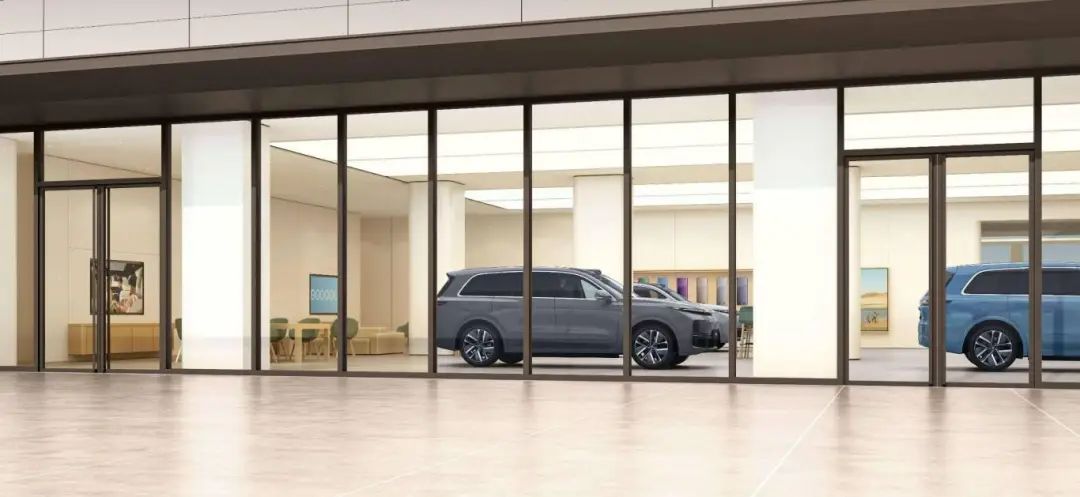
Last month, it was also reported to have established a primary overseas department headed by Wang Jin, who reports to Zou Liangjun, Senior Vice President of Sales and Service at Lixiang One, with the first stop being the Middle East and Central Asian countries led by the UAE and Saudi Arabia.
Prior to this, this new force in the automotive industry mainly relied on parallel exports for 'unofficial' car sales. This official entry can be seen as a crucial turning point.
At this point, many readers may be curious about the magic of the Middle Eastern market.
The answer is not hard to understand. First and foremost, it is the robust demand. Upon closer inspection, it becomes clear that most Middle Eastern countries are accelerating their transition to renewable energy, and the development of electric vehicles has become a crucial part of their shift towards a green and low-carbon model.
This backdrop provides a huge window of opportunity for Chinese automakers.
According to relevant statistics from the General Administration of Customs, China's passenger vehicle exports to the Middle East market reached a record high of 420,000 units in the first half of this year, a year-on-year increase of 46.2%.
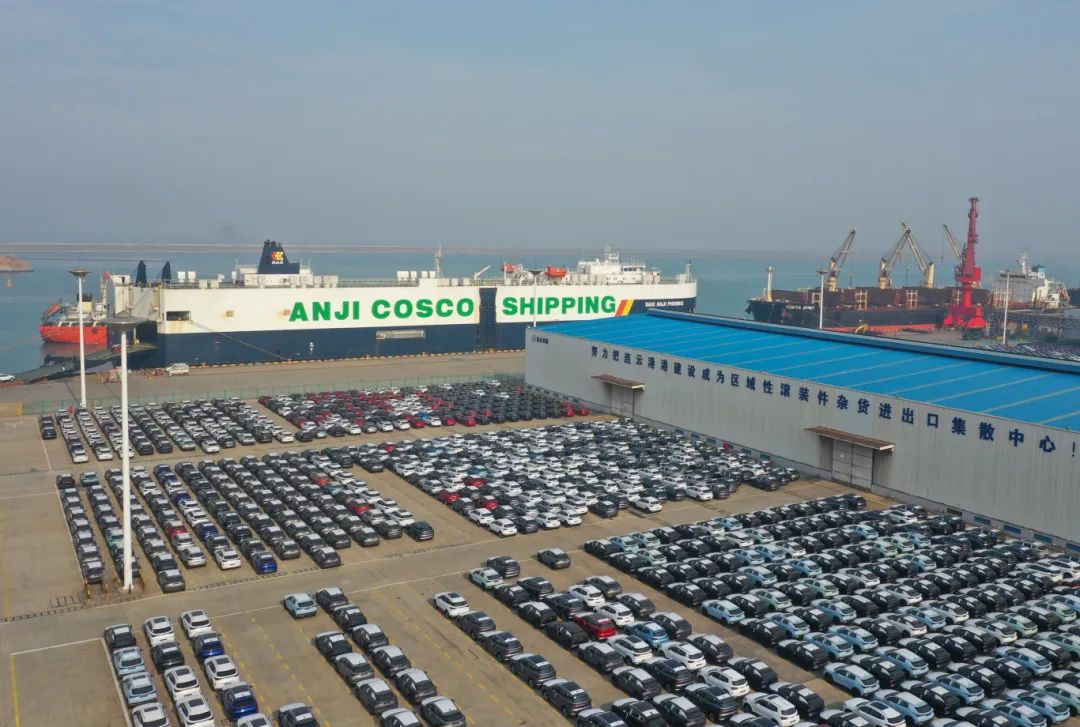
Among them, the proportion of new energy vehicles approached 20%.
The Middle Eastern market was logically elected as the largest export destination for Chinese automobiles in the first half of the year. In the ongoing second half, with more brands joining in, similar trends will only become more unstoppable.
Furthermore, according to relevant research findings, over 70% of Middle Eastern consumers indicated that they would consider purchasing a new energy vehicle for their next car. More than 90% of local users planning to buy new energy vehicles know at least one Chinese brand.
At the same time, their demand for intelligent cockpits and intelligent driving is also increasing. This happens to be a key area where we are currently engaged in intense internal competition.
Moreover, apart from simply selling cars in the Middle Eastern market to make money, the 'cash power' possessed by many of its financial groups is also attracting a large number of Chinese automakers and even suppliers to come here for gold mining. After all, considering the current global financing environment, this region can be considered one of the few remaining havens.
,"Taking Pony.ai's October announcement as an example, it just announced receiving $100 million from NEOM, a city in the Kingdom of Saudi Arabia, and its investment fund NIF.
The two parties plan to establish a joint venture in NEOM, northwest of Saudi Arabia, to provide autonomous driving technology solutions for the region. It is reported that the funds raised in this round will be used for the global research and development and operational investment of autonomous driving technology.

NIO, mentioned in the previous paragraph, has received a total of $3.3 billion in strategic investment from Abu Dhabi sovereign fund CYVN. For this new force in the automotive industry that is still burning money to secure its future, this is undoubtedly a timely assistance.
Of course, there's another easily overlooked point: the Middle East is located at the intersection of Asia, Europe, and Africa, and some countries enjoy duty-free access to the European market. Coincidentally, due to various reasons, the latter has become one of the toughest nuts to crack for Chinese automakers going global.
In other words, by establishing strategic partnerships with Middle Eastern clients, R&D, production, and export bases can be set up in the region, thereby better penetrating the European market through a 'roundabout way.'
A rational and objective analysis suggests that this could be a new path.
As the article draws to a close, here's a final summary: 'The relationship between Middle Eastern tycoons and Chinese automakers, including all new forces in the industry, is more like a win-win situation where both parties get what they need. I'm interested in your technology, products, and vitality, and I want your market, capital, and connections.'
That's just the way it is...

